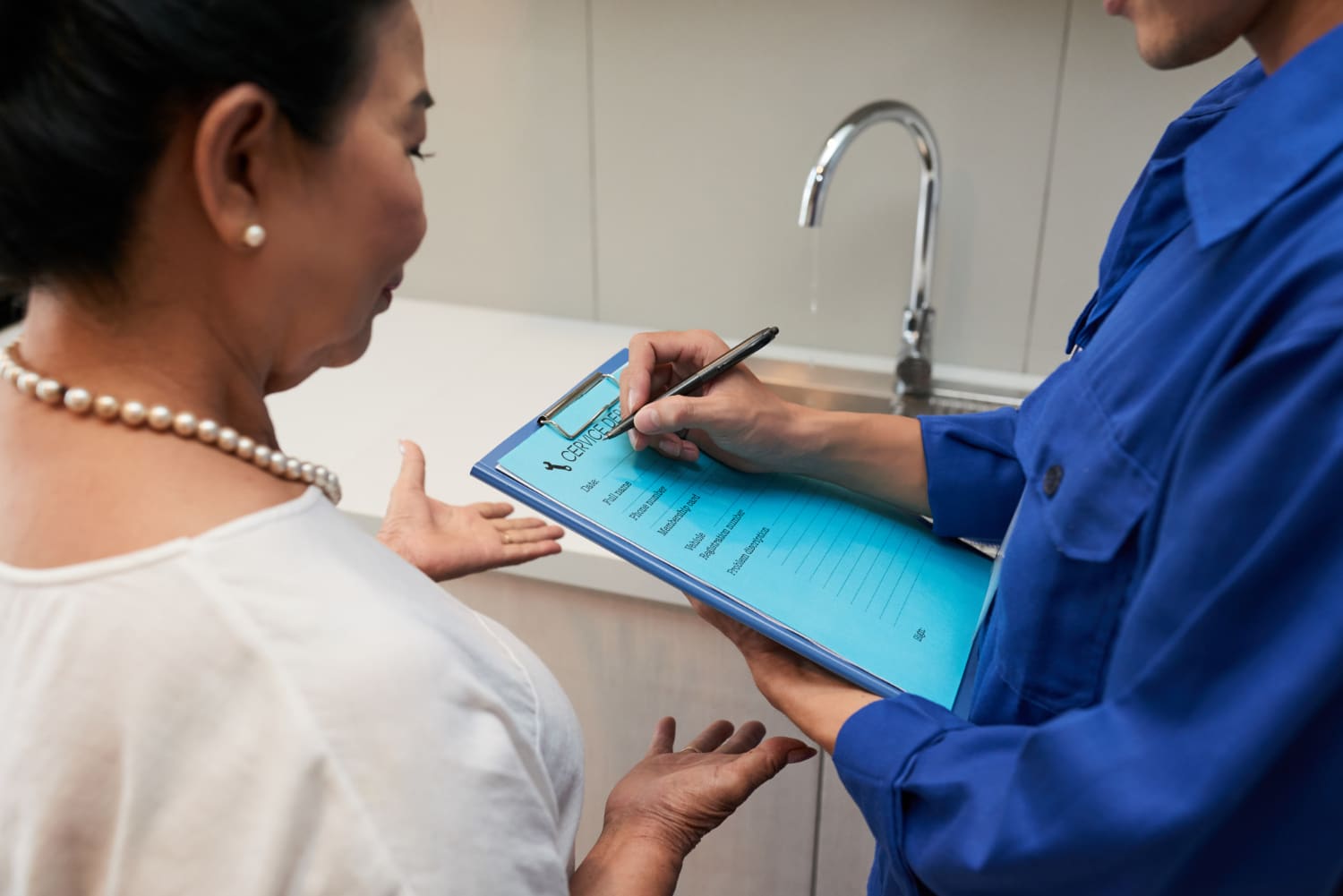Long COVID patients push for disability benefit recognition

Long COVID patients are advocating for the recognition of their condition as a legitimate disability, pushing for necessary support and benefits through community efforts and organized activism.
Long COVID patients push for disability benefit recognition as their struggles gain visibility. This ongoing fight highlights the need for fair treatment and support in society. What does this mean for those affected?
Understanding long COVID and its challenges
Understanding long COVID is essential for recognizing the challenges faced by those affected. Many experience lingering symptoms that disrupt their daily lives, which can vary greatly among individuals.
Long COVID is not just fatigue or weakness; it encompasses a wide range of symptoms such as cognitive issues, respiratory problems, and severe headaches. These symptoms can significantly hinder a person’s ability to work or engage in regular activities.
Common Symptoms of Long COVID
Some common symptoms of long COVID include:
- Persistent fatigue
- Difficulty concentrating and memory issues
- Shortness of breath
- Joint or muscle pain
These symptoms can often fluctuate, making daily management a challenge for patients. This inconsistency can lead to confusion and frustration, both for the patients themselves and for their families.
The Emotional Toll of Long COVID
The emotional impact of long COVID cannot be understated. Many individuals face anxiety and depression due to their ongoing health problems. Coping with a condition that is not fully understood can cause distress, and feelings of isolation are common.
Support systems become crucial during this time. Friends, family, and support groups can help provide a sense of community and understanding. Acknowledging this need for connection is vital for recovery and mental well-being.
As the medical community learns more, it is essential that awareness around long COVID grows. Advocacy for proper care and treatment options remains key in supporting those who suffer from its effects.
Legal pathways for disability benefits

Exploring legal pathways for disability benefits is crucial for long COVID patients seeking support. Many individuals may feel overwhelmed when navigating the complex system.
Understanding the options available is the first step towards securing rightful benefits. Patients should be aware of various programs designed to assist those suffering from long-term conditions.
Types of Benefits Available
There are several types of benefits that patients can apply for:
- Social Security Disability Insurance (SSDI)
- Supplemental Security Income (SSI)
- State Disability Insurance (SDI)
- Employer-based disability benefits
Each program has its requirements and application processes. It’s essential for applicants to collect medical records and documentation to support their claims.
Steps to Apply for Benefits
The process of applying for disability benefits can seem daunting. However, following these steps can make it more manageable:
- Gather all relevant medical documentation.
- Consult with healthcare providers to understand the severity of symptoms.
- Complete the application forms accurately and thoroughly.
- Utilize a disability advocate if necessary to improve chances of approval.
After submission, patients should be prepared for a potentially lengthy waiting period. Tracking claims and being proactive about following up with the relevant agencies is highly recommended. This perseverance is essential as many claims are initially denied.
Lastly, applicants should consider seeking legal advice if they face challenges. Legal professionals can guide individuals through appeals or reapplications, helping to ensure they receive the support they deserve.
Impact of long COVID on daily life
The impact of long COVID on daily life can be profound and challenging. Many individuals experience ongoing symptoms that disrupt routines and affect their overall quality of life.
Everyday tasks that once seemed simple may now require significant effort. Whether it’s getting out of bed, going to work, or even socializing, the struggle is real for those affected.
Physical Limitations
Patients often report various physical limitations, including:
- Extreme fatigue that can last for hours or days.
- Shortness of breath, making physical activities difficult.
- Joint and muscle pain that can limit mobility.
These limitations can alter how individuals manage their time. Many find themselves needing more rest or assistance with daily tasks.
Mental Health Challenges
The mental toll of living with long COVID is equally significant. Anxiety and depression are common among those grappling with persistent health issues.
This emotional burden can lead to isolation, as the fear of judgment or misunderstanding from others might prevent individuals from seeking social interactions. Finding support groups or community resources can become essential for emotional well-being.
Additionally, cognitive issues, often referred to as “brain fog,” can make focusing on work or school a daunting task. People may struggle with memory, attention, and decision-making, further complicating everyday life.
Ultimately, understanding the full spectrum of the impact of long COVID on daily life is key in fostering empathy and support for those affected. Acknowledging these challenges can help communities better assist and advocate for patients navigating their new reality.
Support systems for long COVID patients
Support systems for long COVID patients are vital in helping individuals cope with the challenges they face. Having a reliable support network can significantly improve their mental and emotional well-being.
Many patients find comfort and understanding by connecting with others who share similar experiences. Support groups can serve as a safe space for sharing feelings, discussing symptoms, and finding solutions together.
Types of Support Available
Support systems come in various forms, including:
- Peer support groups: Meeting with others who understand what you’re going through can be very therapeutic.
- Online forums: Many people find solace in discussing their experiences in online communities, offering anonymity and broad access.
- Healthcare professionals: Regular check-ins with doctors and therapists can provide guidance and treatment adjustments.
Additionally, family and friends play a crucial role in providing emotional support. Encouraging open conversations with loved ones about long COVID symptoms can help others become more understanding and accommodating.
Resources for Long COVID Patients
Numerous organizations offer resources specifically for individuals affected by long COVID. These include educational materials, advocacy programs, and financial assistance options. Some key resources to consider are:
- The COVID-19 Longhauler Advocacy Project: This organization raises awareness and supports patients navigating post-viral challenges.
- SupportHealth: A network providing tailored resources to help manage symptoms and improve quality of life.
- Local health clinics: Many health systems now have specialized clinics for post-COVID care, offering comprehensive assessments and therapies.
Accessing these resources can empower patients and give them tools to manage their condition effectively. With the right support, individuals can navigate their challenges and work towards recovery.
Advocacy and activism for recognition
Advocacy and activism for recognition of long COVID patients are crucial in raising awareness and pushing for necessary changes. Many individuals are coming together to ensure their voices are heard in both local and national conversations.
Patients and supporters are working tirelessly to highlight the need for recognition of long COVID as a legitimate medical condition. Through organized efforts, they aim to foster a better understanding of the challenges faced by those affected.
Joining Forces for Change
Activism often occurs through various means, including:
- Grassroots campaigns: Community members mobilize to create awareness in their areas, organizing events and discussions.
- Using social media: Platforms like Twitter and Facebook help raise visibility, allowing patients to share experiences and resources.
- Petitioning for policy change: Collecting signatures to urge lawmakers to recognize long COVID in disability legislation.
These collective efforts emphasize that long COVID is not merely a personal struggle, but a societal issue that requires attention and action.
Influencing Policy Changes
Advocacy aims not just for acknowledgment, but also for practical support. Advocates are pushing for:
- Funding for research: More studies are needed to understand the full range of long COVID effects.
- Healthcare access: Ensuring patients can access the care they need without unnecessary barriers.
- Inclusion in disability programs: Ensuring that long COVID patients receive recognition and assistance within existing systems.
By working together, advocates can shine a light on the necessity for comprehensive support for long COVID patients. This unified approach not only helps individuals but also creates a larger awareness in society.
FAQ – Frequently Asked Questions about Long COVID
What are the most common symptoms of long COVID?
Common symptoms include fatigue, shortness of breath, joint pain, and cognitive issues often referred to as ‘brain fog’.
How can I access support for long COVID?
Support can be found through peer groups, online forums, and healthcare professionals specializing in long COVID care.
What advocacy efforts are being made for long COVID patients?
Advocates are petitioning for recognition of long COVID as a legitimate condition and pushing for policies that provide necessary benefits.
Are there legal avenues available for long COVID patients seeking disability benefits?
Yes, long COVID patients can apply for disability benefits through programs like SSDI, SSI, and state disability insurance.





